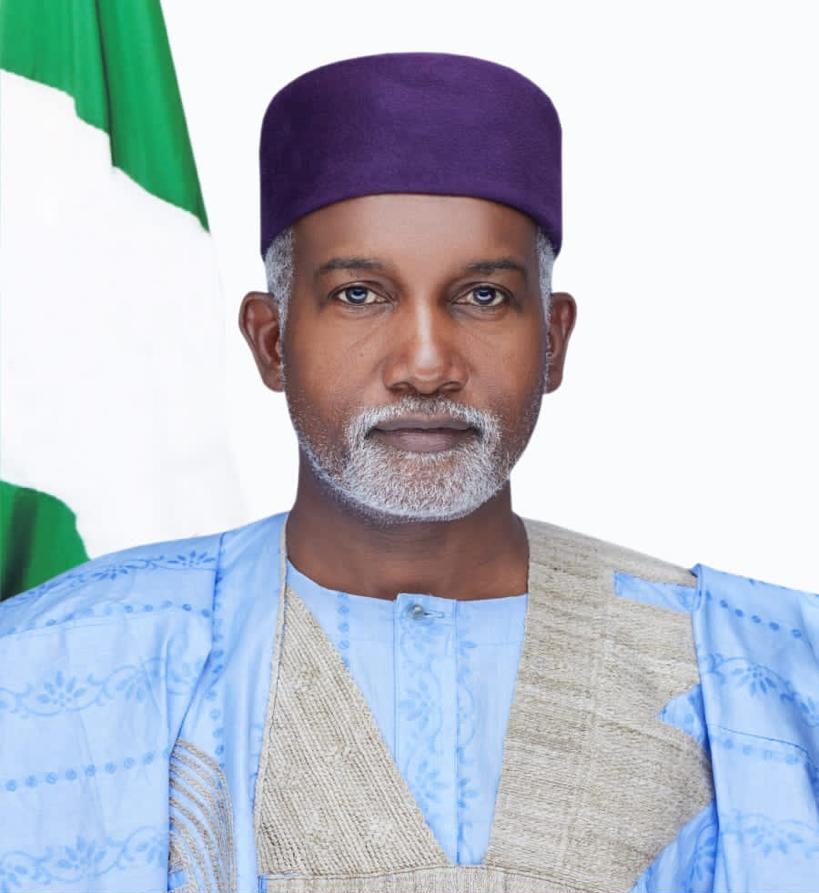The Economic Community of West African States (ECOWAS) has not abandoned efforts to reintegrate Mali, Burkina Faso, and Niger following their withdrawal from the regional bloc and the formation of the Alliance of Sahel States.
Nigeria’s Minister of Foreign Affairs, Ambassador Yusuf Maitama Tuggar, disclosed this during a press briefing in Abuja ahead of the ECOWAS @50 Commemorative Anniversary scheduled for Wednesday in Lagos.
He emphasized that despite the official exit of the three countries on January 29, 2025, ECOWAS remains hopeful they will return in the future.
“The door is still open,” Tuggar said. “We have not given up on the possibility of these countries rejoining ECOWAS under different circumstances.”
Mali, Burkina Faso, and Niger—former French colonies—cited rising insecurity in the Sahel and foreign interference, particularly from France, as key reasons for their departure.
Despite the split, ECOWAS will proceed with its 50th anniversary celebrations to highlight its achievements and set a new direction for the region.
Tuggar explained that recent decisions to relocate some ECOWAS institutions from the exiting states to other member nations were in line with established agreements and do not equate to severed ties.
“The relocation of agencies like the West Africa Health Organization from Burkina Faso is part of the rules all members agreed upon. If a country is no longer a member, it loses the right to host such institutions,” he said.
He added that during a recent visit to Niger, officials expressed openness to returning to ECOWAS in the future, reinforcing the bloc’s optimism.
On the issue of insecurity, Tuggar attributed much of the current instability in the Sahel to the aftermath of the Libyan crisis and the collapse of Muammar Gaddafi’s regime.
“The proliferation of arms and fighters across the region is largely the result of exogenous factors—particularly the breakdown of law and order in Libya,” he noted.
“These weapons and fighters found their way into West Africa, fueling terrorism and banditry.”
Tuggar reaffirmed ECOWAS’s commitment to combating insecurity through regional cooperation and initiatives.
Under the leadership of President Bola Ahmed Tinubu, ECOWAS has bolstered its peacekeeping framework, including the activation of the ECOWAS Standby Force.
“In many parts of the region, there have been significant improvements in border monitoring and intelligence sharing,” he added.
“Nigeria is working closely with neighboring countries and deploying initiatives such as the Multinational Joint Task Force to enhance regional security.”















